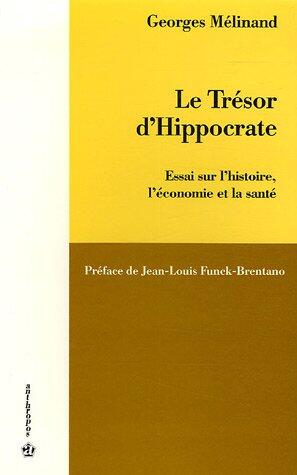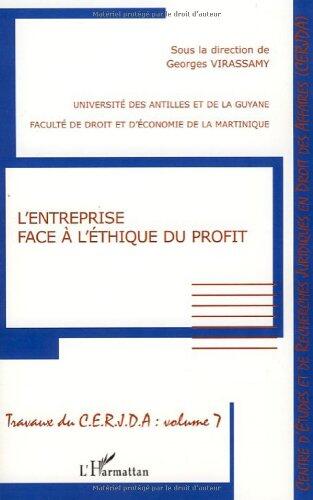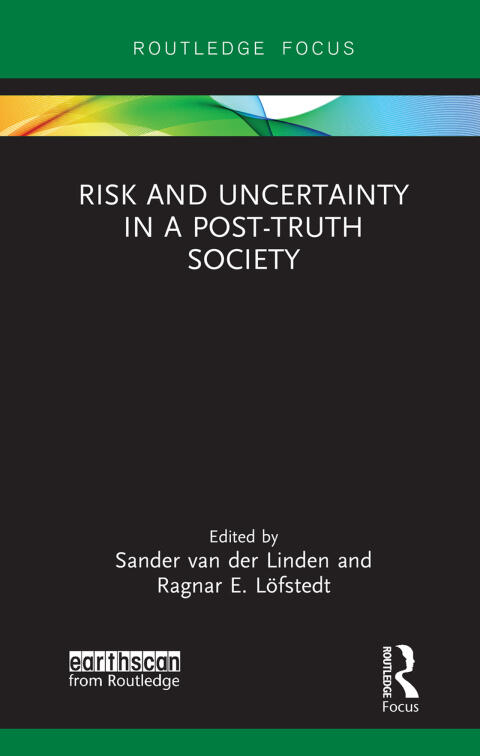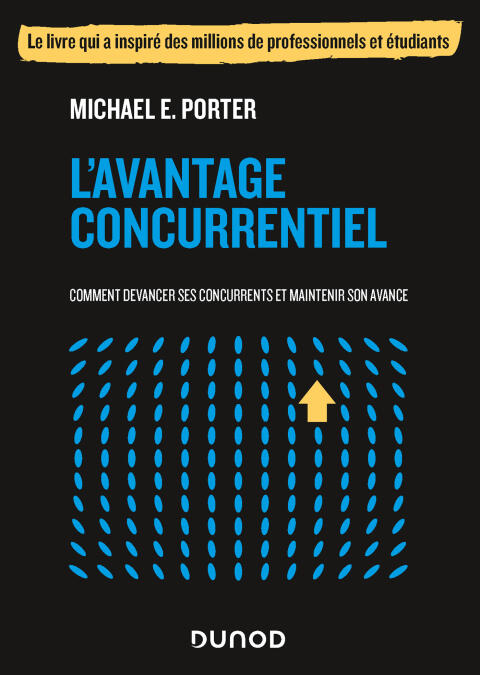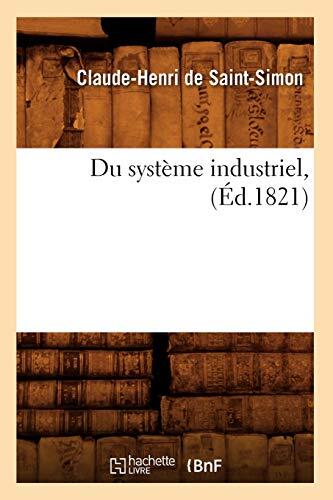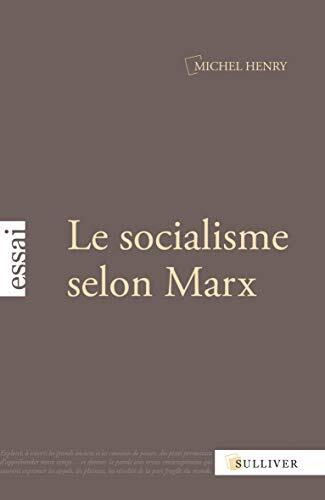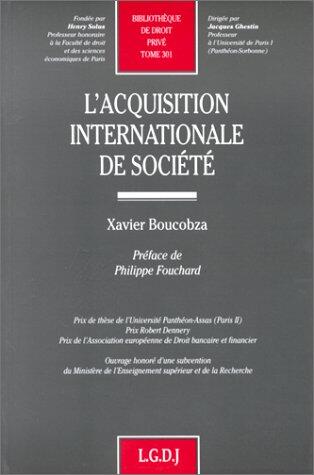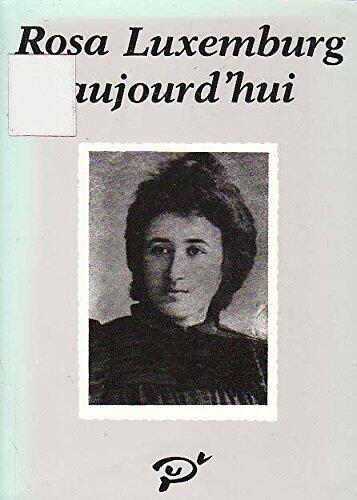
Rosa luxembourg aujourd'hui
بواسطة
Claudie Weill
لا توجد تقييمات بعد
Business & Economics
تنسيق
غلاف ورقي
صفحات
148
لغة
الفرنسية
منشور
Apr 12, 1995
الناشر
PU VINCENNES
رقم ISBN-10
2903981302
رقم ISBN-13
9782903981303
الوصف
In this insightful collection, Claudie Weill and Gilbert Badia delve into the enduring legacy of Rosa Luxembourg, a pivotal figure in socialist thought and activism. The book compiles various texts that examine Luxembourg's contributions and philosophies, illuminating her relevance in contemporary discussions on politics and social justice. Through careful selection and presentation, the authors weave together a narrative that showcases Luxembourg's complex ideas and her unwavering commitment to equality and democracy.
The compilation serves not only as a tribute to Luxembourg’s work but also as a critical analysis of her impact on modern leftist movements. By exploring her writings and contextualizing them within today’s sociopolitical landscape, Weill and Badia invite readers to reflect on the lessons that can be drawn from her life and activism. This exploration encourages a deeper understanding of the struggles for justice and the role of theory in inspiring action.
Additionally, the book is enriched with bibliographical references, guiding readers to further investigate the nuances of Luxembourg's thought. It stands as a valuable resource for those interested in political theory, history, and the ongoing fight for social change. Through their meticulous curation, Weill and Badia empower a new generation to engage with Luxembourg's profound insights and continue her legacy of resistance and hope.
The compilation serves not only as a tribute to Luxembourg’s work but also as a critical analysis of her impact on modern leftist movements. By exploring her writings and contextualizing them within today’s sociopolitical landscape, Weill and Badia invite readers to reflect on the lessons that can be drawn from her life and activism. This exploration encourages a deeper understanding of the struggles for justice and the role of theory in inspiring action.
Additionally, the book is enriched with bibliographical references, guiding readers to further investigate the nuances of Luxembourg's thought. It stands as a valuable resource for those interested in political theory, history, and the ongoing fight for social change. Through their meticulous curation, Weill and Badia empower a new generation to engage with Luxembourg's profound insights and continue her legacy of resistance and hope.




